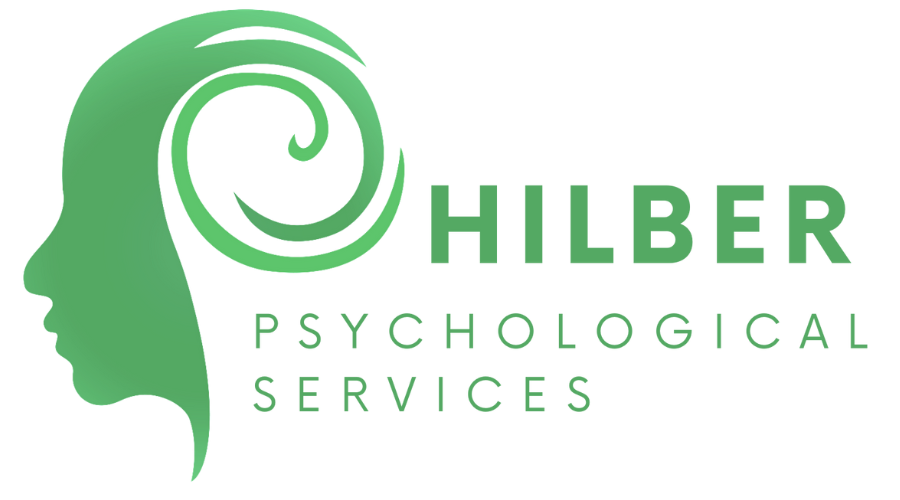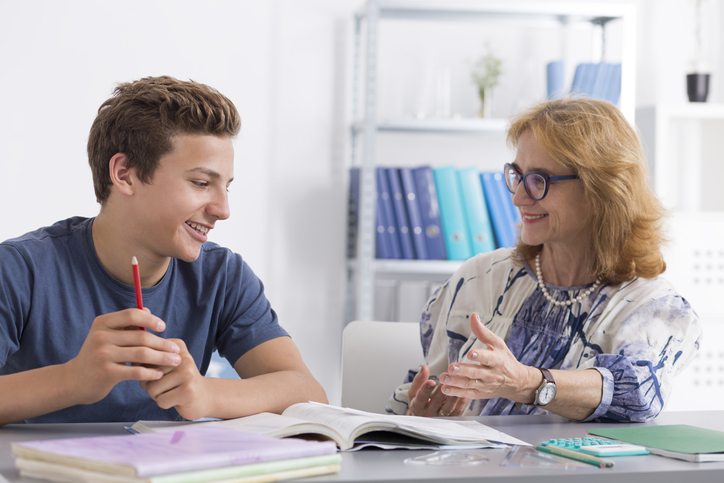How Adults can help Teens with ADHD
In the article, “The Pivotal Role of Adults in Teen ADHD Care,” author Mark Bertin acknowledges the effects of ADHD on teens and how parents can have an important role in their child's development. Attention-deficit/hyperactivity disorder (ADHD) is defined as a medical disorder that affects one's impulses, concentration, organization and planning skills, and delays academic independence.
Many teens struggle with ADHD and have a hard time keeping up with their peers. Because of this, it is important for parents to understand the impact of ADHD on academic planning. Students who have ADHD usually require a helping hand from an adult until they demonstrate that they are capable of being independent on their own. For teenagers, difficulty in administrative functions such as memory, productivity, time management, and writing skills is seen to hold some back at times. This is when teenagers need their parents. They need someone to support and motivate them to keep going even though it is challenging.
Some ways to help support students is by creating habits and routines that can get them on a schedule. Those with ADHD like to have activities planned out for them at certain times. This helps them plan out their day and have a visual of what they are going to do. If tasks and activities are repeated each day, then teens with ADHD will excel at those tasks even quicker because they are practicing it so often. Once your teenager completes a set of activities that are up to par, then it is time to introduce new ones. Slowly but surely, your teenager will be able to remember their schedule on their own and take responsibility for doing their tasks on time. By practicing, teenagers are able to build up muscle memory on their own and enhance their cognitive skills without help from a parent. Through repetition and consistent reminders, parents can step back and let their student thrive on their own once their routine is solidified. Even though it may be frustrating at times, it is part of the process of building up a child’s muscle memory so they know how to do tasks on their own. It is important to confirm that students know how to:
Keep track of assignments by making a to-do list
Break projects up into parts
Manage their time
Organize themselves
Study and write well
If they need extra help, it is important for parents and teachers to know how to support teenagers with ADHD using the following approach:
Promote independence. Only assist students if they need help refocusing on what their routines are supposed to entail by frequently checking in. Otherwise, let them learn from their mistakes and grow as an individual.
Intervene early. Instead of sitting back and watching, prompt students to fix their mistakes at the moment.
Provide guidance. Try to collaborate more with students and give more direct instruction when problem-solving. This reinforcement will help students understand what is needed to be done when it is first asked.
Take the lead. If students are struggling to maintain their habits, this is the time to step in and help them.
Gradually withdraw supports. Slowly step away from consistently helping students when they show that they are capable of being on their own. It may take time to fully withdraw support, so be patient. Based on one’s academic skills, it may take them all the way through college to be independent.
Return to step one at any time new ADHD-related challenges continue.
For more information on how ADHD affects teenagers, please contact us. For more information on therapy, visit FAQ at Hilber Psychological Services.
-Written by Lily Schmitt and Tanya L. Hilber, PsyD
Referances
Bertin, Mark. “The Pivotal Role of Adults in Teen ADHD Care.” Psychology Today. Child Development Central. Web. 24 Sep. 2018. https://www.psychologytoday.com/us/blog/child-development-central/201809/the-pivotal-role-adults-in-teen-adhd-care

